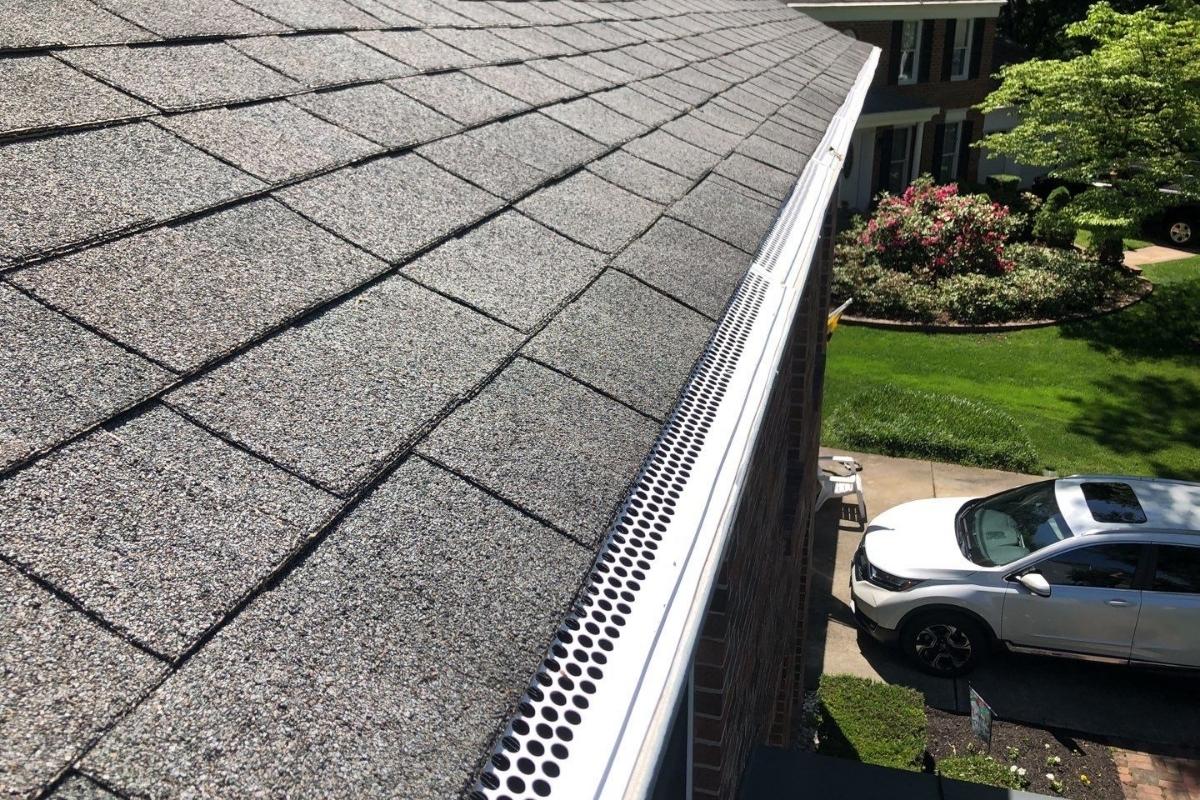
1. Insulate pipes
Insulating your pipes is one of the most efficient methods for preventing the pipes in your home from freezing. This entails coating your pipes in insulating material, such as foam, in order to prevent heat from escaping and to keep the pipes at a comfortable temperature. Pay attention to pipes that are open to the cold air or that are situated in regions that are not heated, such as basements, attics, and crawl spaces. Check out these products if you are planning to insulate your pipe.
2. Keep home warm
Keeping the temperature in your home above freezing is another important step in the prevention of frozen pipes. Even when you aren’t there, you should make sure that your house is adequately heated and that the thermostat is set to no less than 55 degrees Fahrenheit. This is especially important if you have young children. This will assist in keeping the surroundings warm and will prevent the pipes from freezing.
3. Let faucets drip
As the temperature drops below freezing, it is a good idea to leave your faucets ajar so that the water may slowly drain out. This prevents water from pooling in your pipes, which lessens the likelihood that they may freeze. Even a trickle of water can be enough to prevent pipes from freezing if it is constant enough.
4. Disconnect outdoor hoses
Disconnecting external hoses is another vital action that must be taken in order to prevent frozen pipes. It is possible for the water in your outside hoses to freeze, which will then damage your pipes. Make sure that your hoses are disconnected and that you keep them in a warm area.
5. Use a heating tape
The use of heating tape is something you should give some thought to if you have pipes that are particularly prone to freezing, such as those that are situated in places that are not heated. This is a specialized tape that, after being wrapped around pipes and plugged in, will prevent the pipes from freezing by maintaining a warm temperature.
6. Seal leaks and drafts
It is essential to ensure that your property is free of any drafts, leaks, or other openings that might permit chilly air to enter. This involves sealing any spots where cold air may be entering your property, such as windows, doors, and any other potential entry points. This will assist in keeping the surroundings warm and will prevent the pipes from freezing.
How to keep pipes from freezing FAQs
At what temperature do pipes freeze?
As the temperature drops to 32 degrees or lower, there is a good chance that your pipes will freeze.
Does shutting off water keep pipes from freezing?
Turning off the water supply in your home is the most effective way to stop pipes from freezing, provided that you know where the valve is located. If this is not possible, you should leave your faucets running at a trickle rather than a drip to prevent burst pipes.
What is the best pipe insulation to prevent freezing?
The use of PE pipe insulation products is an excellent choice for a variety of home plumbing projects and applications. Insulation made of PE foam is not only inexpensive but also simple to install. This insulation will prevent pipes from freezing and will maintain the temperature of both hot and cold pipes.
Final words
To summarize, if you want to keep your family healthy and your house secure, avoiding your pipes from freezing is really necessary. If you let faucets drip, disconnect outdoor hoses, use heating tape, and seal leaks and drafts, you can reduce the risk of frozen pipes and avoid costly damage to your plumbing system. Keeping your home warm, insulating your pipes, letting faucets drip, disconnecting outdoor hoses, using heating tape, and sealing leaks and drafts are all good places to start.
If you are unclear on how to prevent frozen pipes or if you have ongoing plumbing troubles, it is always preferable to call a professional plumber. This is especially true if you have chronic plumbing issues.


